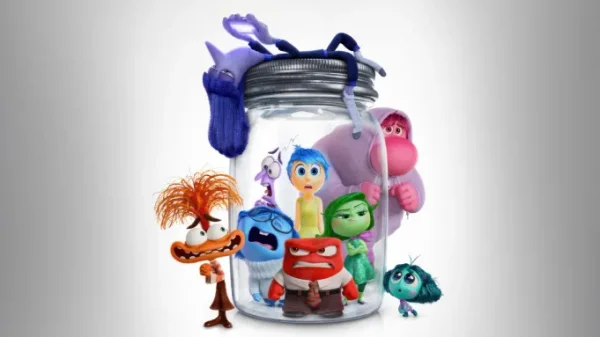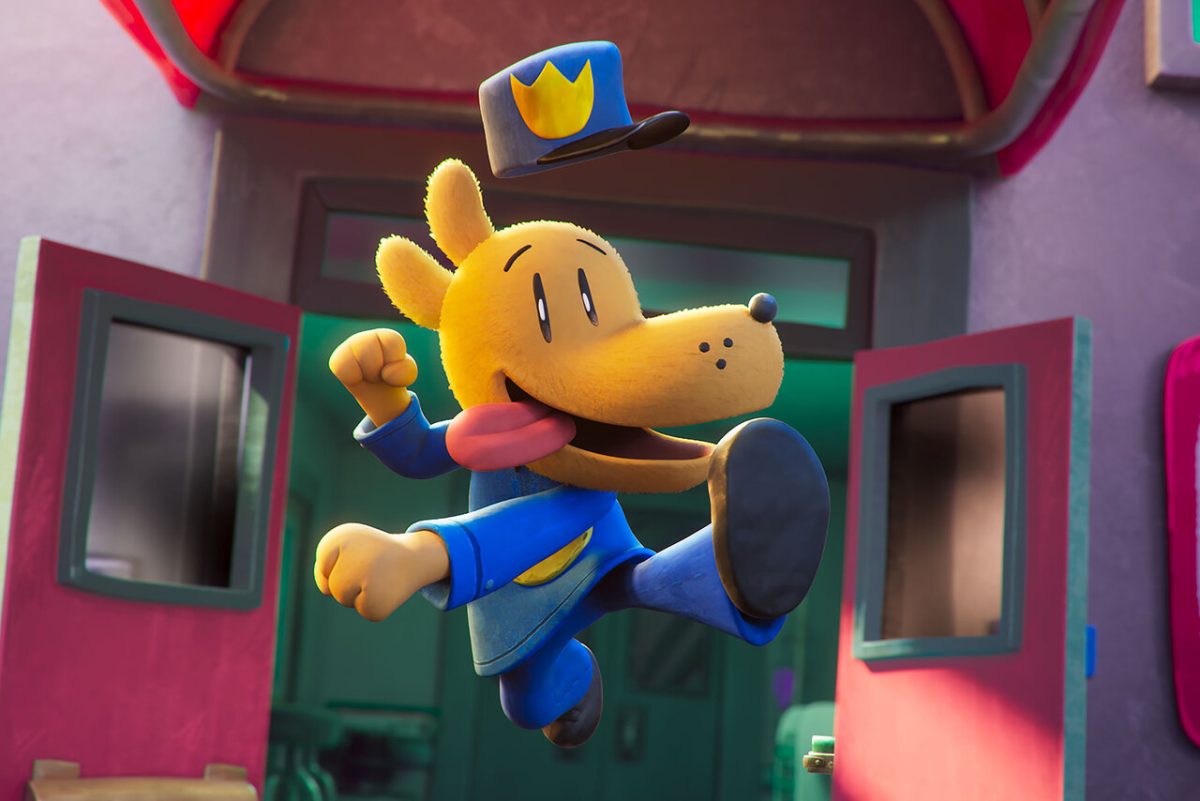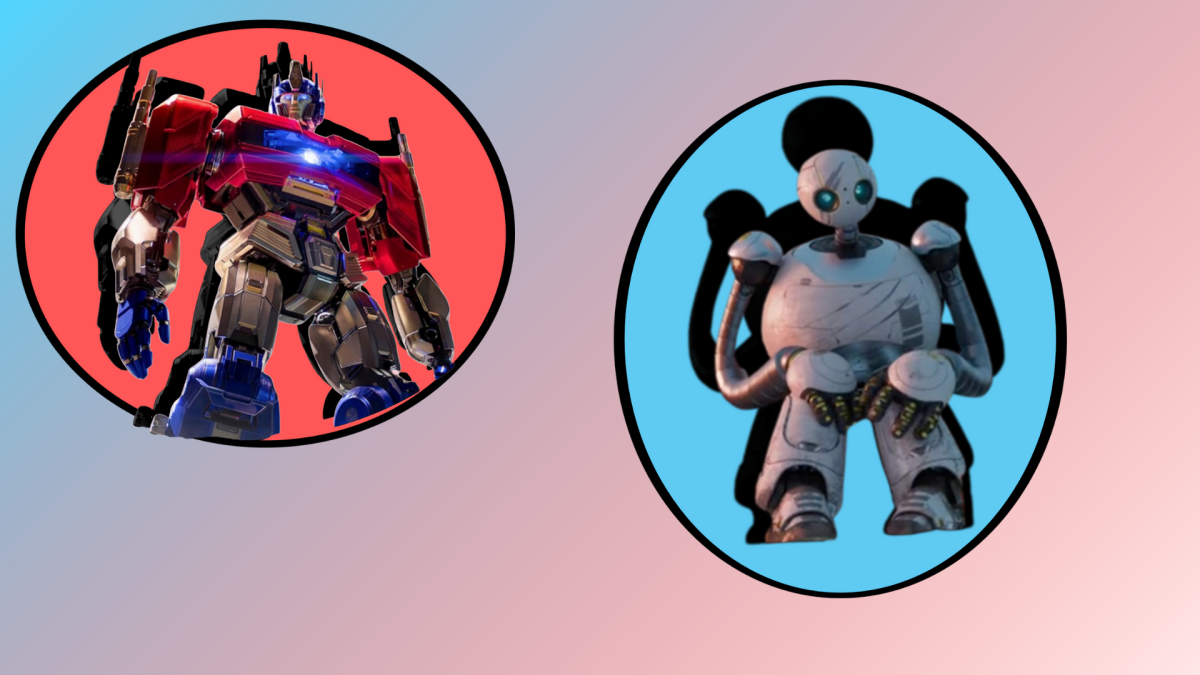Pixar has a unique talent for creating films that appeal to a wide audience while telling deeply personal stories. “Inside Out,” a major hit for Pixar in 2015, not only connected emotionally with viewers but also introduced the public to the inner workings of the Mind.
AP Psychology Teacher Cody Redford believes “Inside Out” has positively influenced the perception of psychology. “I think within psychology, especially around mental health stigmas, it really offers a more approachable, layman’s perspective of dealing with emotions and what goes on inside our heads,” Redford said.
When prompted about new elements in the sequel, Redford noted, “Many younger kids who watched ‘Inside Out’ in elementary school have aged with Riley, the main character, and are now starting high school. ‘Inside Out 2’ introduces new characters like boredom, ennui, embarrassment, and anxiety, making it very relatable to high school students.” Redford also discussed potential drawbacks. “Certainly, sometimes oversimplifying things can be harmful to the integrity of a concept. Psychology is complex, so there’s an art to make it approachable without diluting the actual concepts. For the most part, both movies did a good job of showing the context that human beings go through, whether that be challenges with peers or expectations of parents, and the inner monologue we sometimes face.”

I first watched Inside Out when I was 9 years old, and honestly it didn’t really resonate with me until several years later. After the pandemic, my mental state, like most others, was not great. On a rewatch of the film I identified with Riley when she stopped feeling emotion because that was exactly how I felt. With this small self discovery I sought out reliable places such as therapy to identify what I was feeling and received a lot of help and support.
Inside Out 2 as a whole resonated pretty well with me. At the age of 10 I was diagnosed with Chronic Anxiety, a form of anxiety that persists for a very long time, so when the new emotion of Anxiety took center stage I related heavily to it. From over-analysis of scenarios that couldn’t possibly happen to a constant need to fit in while never feeling good enough, I not only understand Riley’s struggles, I’ve lived them. But also much like Riley, my anxiety doesn’t define me, but I can’t outright eliminate it for my life, as mental health is always developing, just manage it. This is why these films are so successful at causing the audience to identify with Riley in an easy to express format, while the actual psychology of our minds is simplified in Inside Out, the film is still a great tool to process the psychological process.








Lydia Farmer • Oct 15, 2024 at 11:24 am
Gabe you’ve got a great perspective. I appreciate the depth you go into for each story.